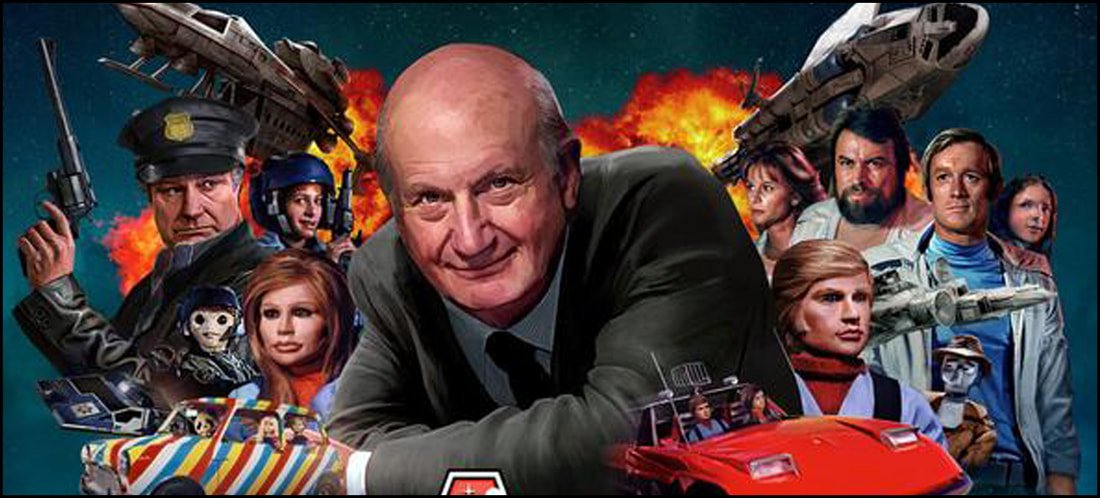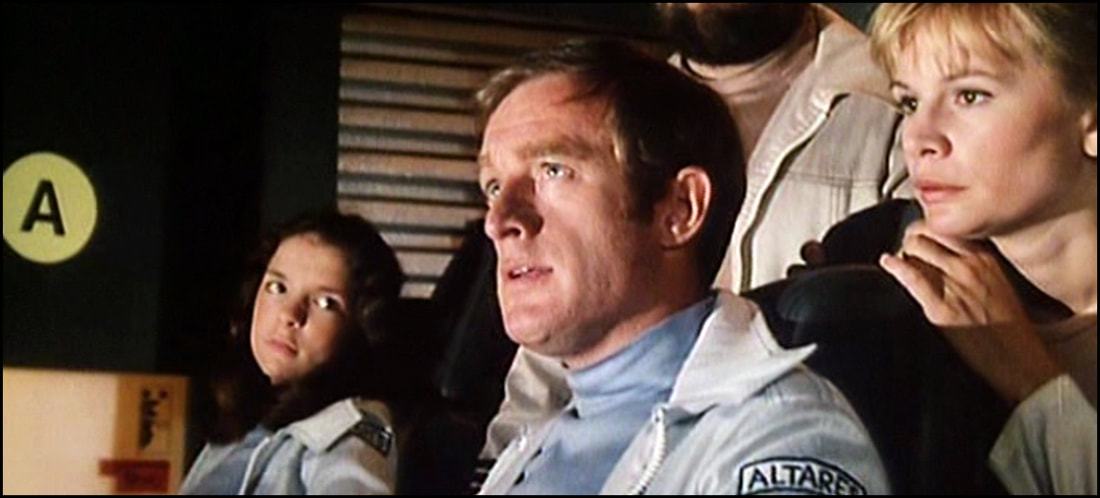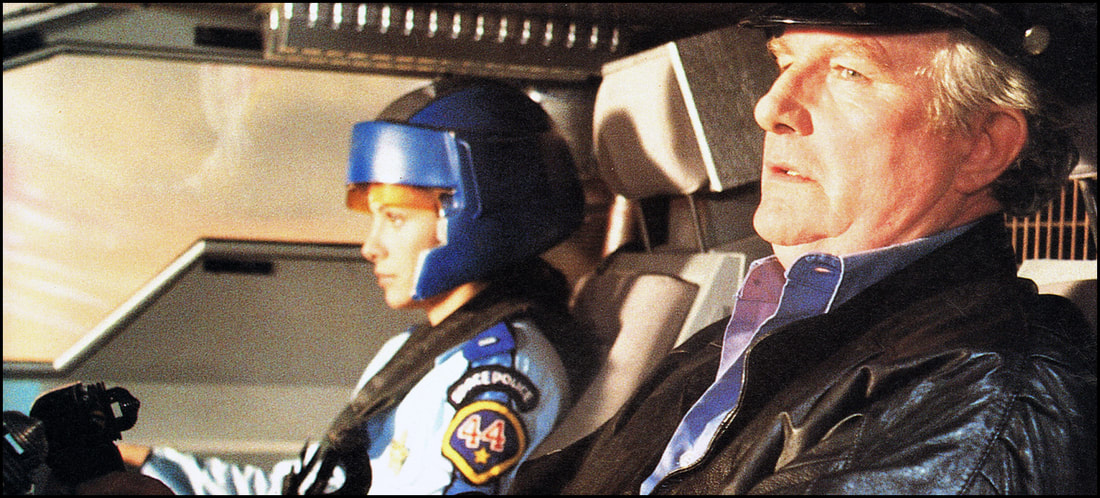The Lost Worlds Of Gerry Anderson Have Been Found ... And They're F.A.B.!
Friends and family whom I’ve introduced to Gerry’s projects have often been mildly disappointed. I spoke of these programs with such affection that they perhaps were expecting something more, if not something different. I think the central disconnect between them and me is that – like I explained – these were largely inspirations from an era wherein effects and storytelling were accomplished with more in-camera trickery than modern sensibilities require; that and the marionettes’ inability to convey much emotion tend to lead ‘older folks’ to discover more unintended laughs than anything else, so I’ve since stopped trying to argue Anderson’s greatness in favor of – ahem – sparing me the embarrassment.
Still, I’m thrilled to sound off on THE LOST WORLDS OF GERRY ANDERSON, a DVD collection of assorted ‘other programs’ that either never found greater exposure or were never quite meant to. A few of what’s collected here are nothing more than commercials shilling for products (hey, a guy’s gotta eat!), but that’s not to imply they’re subpar in any way. They’re simply another look at Anderson’s unique storytelling talent, something which I’m happy to celebrate.
Arguably, the pilot films for “The Investigator” and “The Day After Tomorrow” are worth the price alone.
“The Investigator” – while a bit nebulous in its logic – explores the world of two teens reduced in size to dolls by a mysterious entity known only by the show’s title; this overlord them provides them with an assortment of high-tech vehicles and gadgetry to help fight crime. I’ll admit that the concept doesn’t quite work – the marionettes are far too lifeless, capturing in scenes lying around talking about do-gooding more than they are every engaged in it – but there’s still that Anderson spark at work that made so many other puppet shows exciting.
“The Day After Tomorrow” is a family space drama very much in the vein of Irwin Allen’s Lost In Space and Anderson’s own Space:1999: the Bowen family have been sent into the stars to gather the secrets of science for relaying back to Earth but find themselves racing against time to repair their engines before a nearby star goes supernova. They do, but they find themselves thrust inside the resulting black hole into a whole new galaxy with no hope of return. It’s a grand set-up – think of Walt Disney’s theatrical The Black Hole but accomplished more of a television scale – but the lack of a series pick-up meant that the continuing trips with the Bowen family were not meant to be. The great Alan Tate and equally impressive Brian Blessed headline the telefilm, with the late Joanna Dunham along for the ride. It could’ve been a contender.
Also worthy of a mention is Anderson’s original pilot “Space Police,” an obvious earlier incarnation of what evolved to eventually become the 1990’s Space Precinct. This version gave Anderson regular Shane Rimmer a chance to play a somewhat emotionally-grizzled cop for an unspecified planetary jurisdiction wherein the baddies concoct a very Thunderbirds-esque scenario to kidnap a galactic President on a high-tech train; naturally, this requires the police concoct an equally elaborate rescue attempt. It’s all well and good, though the narrative never quite hammers down a singular focus and clearly needed some retooling in order to be usable as a series foundation. (Interestingly enough, the DVD set includes an alternate version recast with new actors as a second attempt; and the set also includes a wealth of unused footage with alternate takes for those who like to explore such extras.)
As these are ‘lost worlds,’ not each is a glistening gem … but each does remind Anderson fans of what drew us to his unique storytelling in the first place: the inventiveness is present always, and that alone makes it worth the time.
In the interests of fairness, I’m pleased to disclose that the fine folks at MPI Home Video provided me with a DVD of THE LOST WORLDS OF GERRY ANDERSON by request for the expressed purposes of completing this review; and their contribution to me in no way, shape, or form influenced my opinion of it.




 RSS Feed
RSS Feed